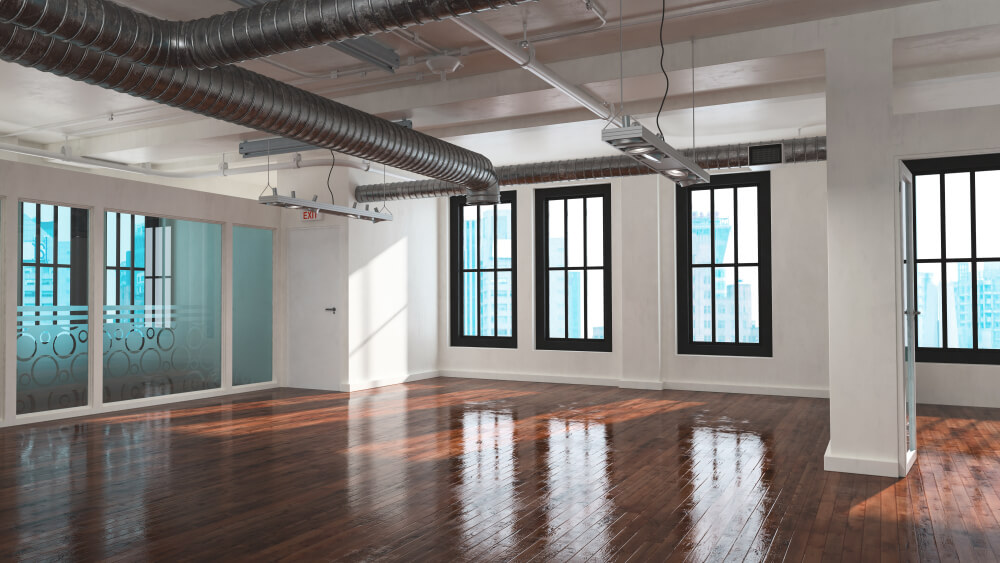
‘To make a property investment work for you in the long term, it really helps if you have the flexibility to change the use,’ says Douglas Godwin, Partner Commercial Law at QualitySolicitors Parkinson Wright. ‘However, planning use is only part of the picture because provisions in your lease or mortgage agreement may impose tighter controls which will take priority.’
Changes to planning law
For planning purposes, commercial property uses are grouped into classes. Changing use from one class to another requires planning permission, but changing between uses in the same class does not.
From September 2020, a range of common business uses have been swept into a new broad Class E. This includes offices, shops, restaurants and cafes as well as places for health centres, indoor sports facilities and childcare. This could create new opportunities for a more diverse destination combining a range of uses which might not have sat so easily together in the past.
There are still some important commercial uses left out of Class E. It does not cover pubs, wine bars and hot food takeaways, or leisure uses like cinemas, theatres and music venues. This means that you will still need to apply for planning permission if you want to change from, or to, one of these uses.
This may also be true if you want to convert commercial property for residential use. The rules are different for different types of property. This may change, as the Government is considering whether to allow a change to residential use from Class E uses without additional planning permission.
If you are considering a commercial to residential conversion, be aware that this is generally not possible if you hold the commercial property in a self-invested personal pension (SIPP). This is because SIPPs are designed to give tax advantages for certain types of investment and residential property is treated as taxable, so if you change from commercial to residential use you will incur a tax penalty.
Contractual limits in leases and mortgages
The new flexibility in the planning rules may still be limited by what your lease and mortgage allow. Landlords usually want to keep fairly tight control over how commercial property is used because it might affect the value of their investment. A typical commercial lease will specify a permitted use. If changes of use are allowed, they are usually limited to similar uses, for example switching a book shop to a clothes shop but not to an office or restaurant.
Depending on the wording of the clause, the landlord may have to be reasonable in responding to any request to change the use, but this is not always the case. Some leases define the permitted use by reference to one of the use classes set out in planning law. Now these have changed, there could be an argument over how to interpret the lease.
You should also be careful if you have mortgaged your property. Like landlords, lenders often impose restrictions on how the property may be used and if you change use without the lender’s consent, you could find yourself in breach of the terms of your loan.
How we can help
If you are taking a new lease, your solicitor can advise you on your options and help if you want to negotiate a change of use.
If you want to change the use of an existing property, it is worth knowing right from the start how much scope you have, so that you can avoid disputes and wasted negotiation time.
For further information, please contact Douglas Godwin or a member of the commercial property team on 01905 721600 or email worcester@parkinsonwright.co.uk
This article is for general information only and does not constitute legal or professional advice. Please note that the law may have changed since this article was published.
